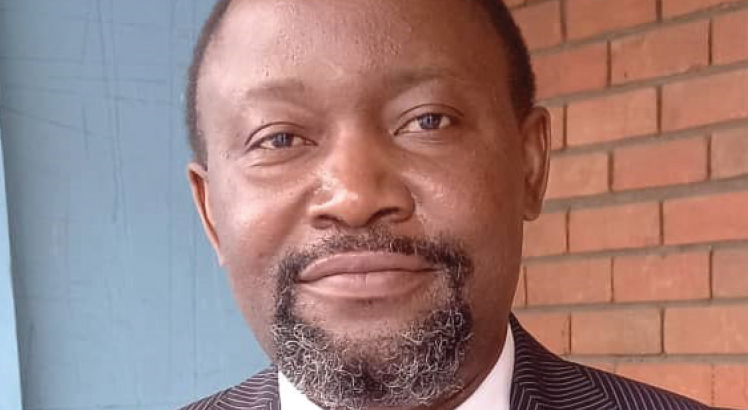Experts in various fields have called for improved energy and private sector governing policies to attract more domestic and foreign direct investment to facilitate generation of foreign exchange and economic growth.
They expressed their views on Tuesday during a panel discussion in Lilongwe on how Malawi can address foreign exchange challenges. It was organised by Economics Association of Malawi (Ecama) with support from the European Union under Chuma Cha Dziko project.
Kakhome: Establishing a manufacturing company in Malawi prohibitive
During the discussion, the experts observed that despite having some good policies, Malawi has not developed deliberate efforts to invest in increasig power generation as a catalyst for development.
They further observed that the country has rigid policies that fail to attract more investors compared to other countries where, for instance, it is easy to register a company and start operations.
In his contribution, Consumers Association of Malawi executive director John Kapito said no serious investor would be attracted to Malawi with the current energy deficits.
He said: “If we cannot have electricity then how are we going to produce? The blackouts are all over and even existing manufacturing industries cannot operate to the optimum.”
In recent years, government has been making efforts to increase electricity generation through involvement of Independent Power Producers (IPPs) who have so far added 92 megawatts (MW) solar power to the national grid.
Last week, the Electricity Supply Corporation of Malawi (Escom) said 11 IPPs are expected to add 343.26MW at different intervals to the national grid by 2024.
Government also has the 360MW Mpatamanga hydro power project in the offing.
On his part, JTI Leaf Malawi corporate affairs and communications director Limbani Kakhome said establishing a manufacturing company in Malawi remains prohibitive.
He said JTI previously applied for a cigarette manufacturing licence, but after waiting for two years without response, the project was moved to another country.
Kakhome also said JTI applied for authorisation to be receiving tobacco from Zambia for processing at its Kanengo factory, a move that would have earned the local economy about $2 million annual revenue, but authorities failed to approve and instead imposed a levy on the imports.
On his part, Malawi University of Business and Applied Sciences (Mubas) associate professor of economics Betchani Tchereni said mega agricultural commercial production is the only solution to forex challenges.
He said: “We have to start producing goods for which we want to generate foreign exchange. We need to produce our own clothes for instance than importing from elsewhere.”
Representing the private sector, Sycamore Consult Limited founder Audrey Mwala said impediments to private sector investment is not about lack of sound policies, but lack of implementation.
She observed that in 2013 government came up with a National Export Strategy that sought to address forex challenges by increasing exports, but almost 10 years down the line, the problems still persist because of failure to implement the policies.
Reserve Bank of Malawi director of economic policy and research Kisu Simwaka lamented that forex is largely externalised and the country needs to work on solutions to stop the trend.
He said there is a segment of expatriates buying legumes in the country in large quantities and eventually export without remitting anything into the economy, leaving the country affected.
Bankers Association of Malawi president MacFussy Kawawa, who is also National Bank of Malawi plc chief executive officer, called on the need for authorities to incentivise those who can produce solely for exports.
In his presentation, Ecama executive director Frank Chikuta said their analysis for the past three years show that the country has a trade deficit of $2 billion (about K2 trillion) while the country only exported goods worth $1 billion.
Malawi is reeling under a foreign exchange crisis and is banking on a prospective Extended Credit Facility programme with the International Monetary Fund to unlock direct budget support to boost forex reserves and stabilise the economy.
The post Experts brainstorm on forex solutions appeared first on The Nation Online.
 Moni Malawi
Moni Malawi 

